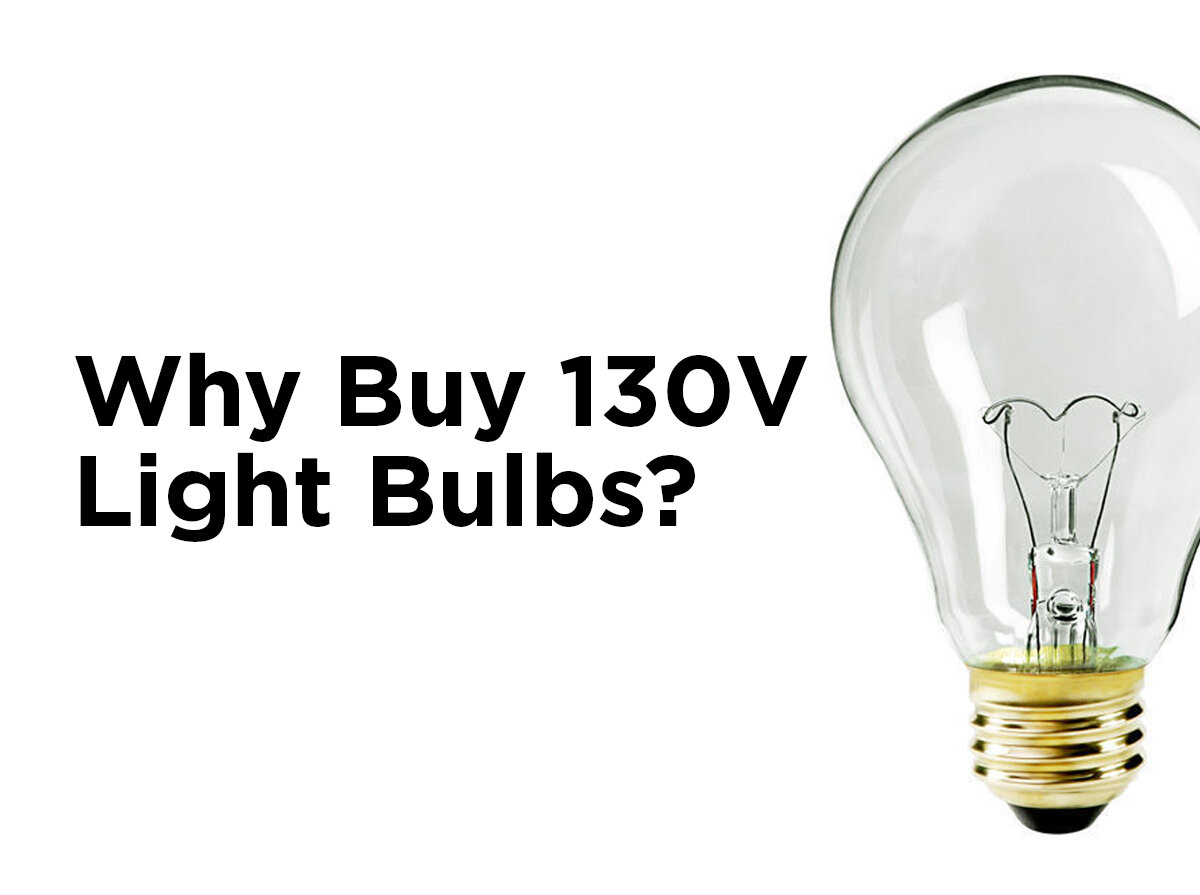It's a long accepted fact that production of the hormone responsible for sleepiness, melatonin, can be suppressed by light. The pineal gland uses the presence of light to determine when to release and suppress the hormone, setting our "internal clock" to a cycle of wakefulness and sleep, also known as a circadian rhythm. Not surprisingly, the large amount of artificial light we encounter in the modern world can have a negative effect on this cycle by suppressing melatonin production even at night. However, recent studies suggest that not just the amount of light, but also the color of the light we encounter may affect our sleep cycles. A 2005 study conducted by researchers at Kyushu University in Japan suggests that exposure to high color temperature light immediately preceding bedtime reduces the length of stage 4 sleep. In the study, the researchers exposed different subjects to 3000K, 5000K, and 6700K light sources for 6 hours before going to sleep. Researchers monitored the subjects' sleep patterns and came to this conclusion:
Given that the S4-sleep period is important for sleep quality, our findings suggest that light sources of higher color temperatures may reduce sleep quality compared with those of lower color temperatures.
Other studies by the University of Basel in Switzerland and the University of Connecticut found similar results.
Though these findings are not yet accepted scientific fact, it's worth noting that manufacturers have already started to create products with these ideas in mind. Philips, for example, produces an entire line of "Wake-Up Lights" that use increasing light intensity and color temperature to wake you from sleep, a method that is marketed as a more natural alternative to alarm clocks. The computer program and smartphone app f.lux reduces the color temperature of screens for less obtrusive nighttime reading. On the flip side, companies have long used "full spectrum" office lighting to increase alertness and productivity, assuming that if high color temperature lighting discourages sleep, it must also encourage wakefulness.
While the scientific community works this all out, what can you do now to improve your sleep? Start with what we do know: Bright light of any color temperature suppresses the production of melatonin, so limit the use of artificial light in the hours preceding sleep. This is easy to do with dimmers, 3-way bulbs, and even low wattage bulbs. Second, conduct your own study: If you currently use high color temperature bulbs and have difficulty sleeping, switch them out for soft white or warm white bulbs and see if you notice a difference.
If you try these ideas out, we're curious about the results. Does color temperature have any effect on your sleep? Let us know in the comments, or drop us a line on Facebook or Twitter.






